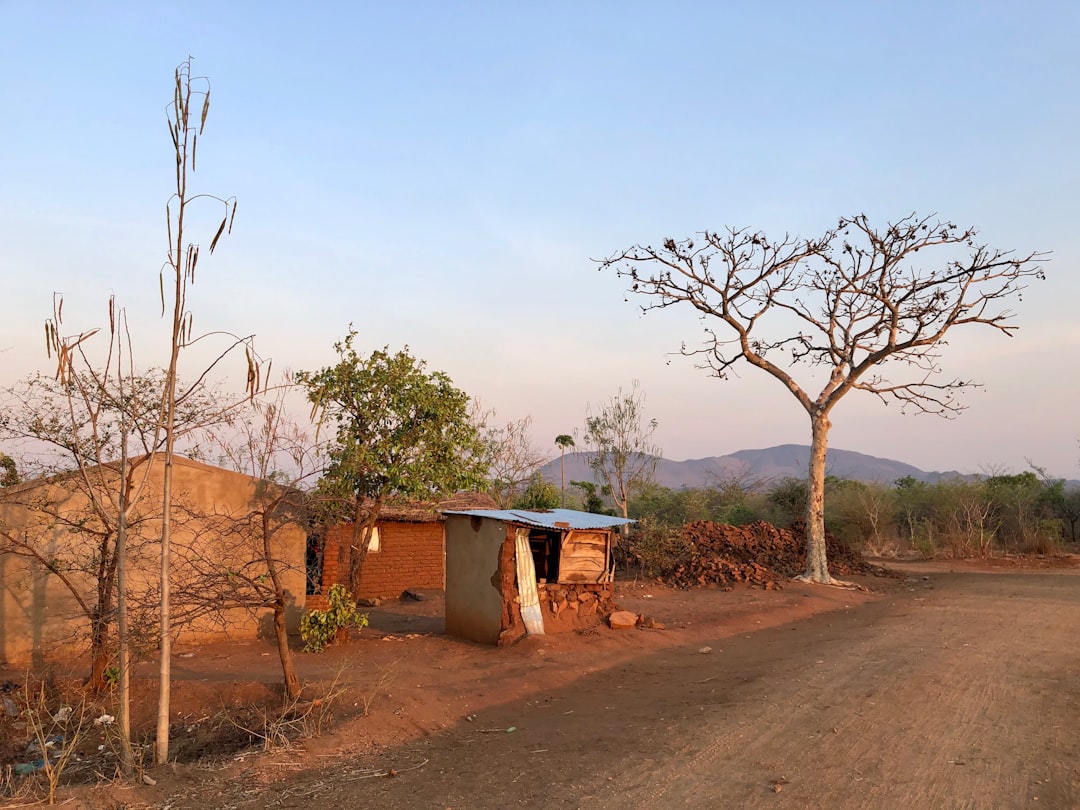What is it about?
The article published in PLoS ONE examines the role of regional belongings in explaining different facets of pro-social behavior in naturalistic settings in a post-communist society.
Featured Image

Photo by Clark Tibbs on Unsplash
Why is it important?
In our article we analyze prosocial behaviors in a field experiment design conducted in an urban context (Timisoara, Banat region, Romania), starting from a classical Cross-Cultural Psychology research organized in UK and Iran by Collet & O'Shea. We compare helping strangers strategies within the same national culture in relation to the regional stereotypes of the 'help-seeking' subjects. A behavioral scenario was created by asking the naïve participants to offer support and give directions to a place even if they did not know its whereabouts. It was tested whether "regional belonging" of the help-seeker (Banat, Transylvania, Oltenia, Wallachia, and Moldova) and its associated stereotypes predict the availability of help-givers for offering help, their availability for giving wrong directions, as well as their emotional expressiveness. Results show that the more negative help-seekers are stereotyped, the less generous help-givers are, both in terms of their decision to help and to give wrong directions, as well as their expressed emotions. Given the relevance of the topic and the scope of PLoS ONE (Psychology/Social Psychology area), we believe that PLoS ONE would be a very good place to publish our findings for a larger audience.
Perspectives
Our article assumes an interdisciplinary perspective and operates with a mixed methodology (both quantitative and qualitative).
Alin Gavreliuc
West University of Timisoara
Read the Original
This page is a summary of: Beyond the façade of generosity—Regional stereotypes within the same national culture influence prosocial behaviors, PLoS ONE, May 2021, PLOS,
DOI: 10.1371/journal.pone.0250125.
You can read the full text:
Resources
Contributors
The following have contributed to this page










